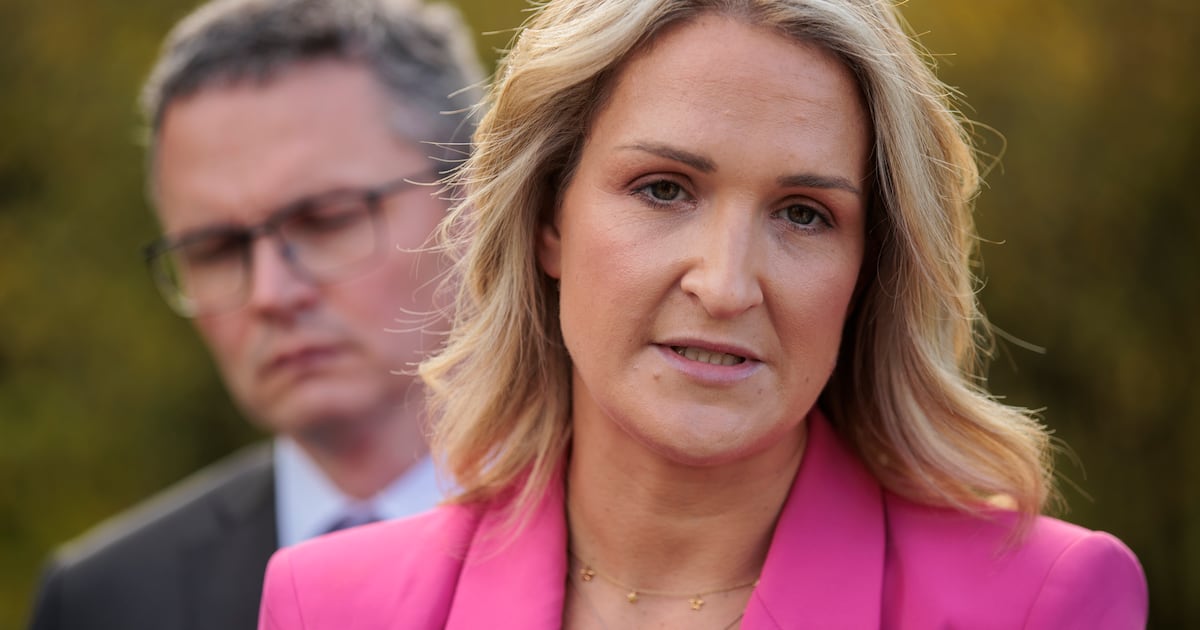Concerns over primary schoolchildren being taught age-inappropriate material as part of a new curriculum are unwarranted, Minister for Education Helen McEntee has said.
A revised curriculum, published on Monday, will see changes to the teaching of religion and social, personal and health education subjects.
For the first time, all children in fifth and sixth class will learn about different sexual orientations, including homosexuality and bisexuality. The new syllabus also facilitates learning about puberty at an earlier stage.
The redeveloped framework replaces the current primary curriculum, which is 26 years old.
Speaking on RTÉ’s Morning Ireland, Ms McEntee said there has been “an element of misinformation about what’s actually in the curriculum and what’s not” in relation to teaching on sexual orientation.
“I want young people when they’re leaving school to understand what basic attraction is and to respect each other,” she said. “Any suggestion that what teachers are going to be teaching in the curriculum is not age appropriate is incorrect.”
In response to “pushback” on this aspect of the new curriculum, Ms McEntee said children starting school at a later stage had to be taken into account.
“In terms of sexual orientation, children are starting school later on … By the time they get to fifth and sixth class they’ve reached puberty, they’re 13 and some of them 14, so what is it to be attracted to another person?”
Under the redeveloped curriculum, school patrons will still retain a legal right to design their own religious education programme in accordance with the ethos of their school.
Addressing changes to how religion is to be taught in primary schools, the Minister focused on “flexibility” and an “integrated” approach.
There will be a slight reduction in the patronage programme in all schools, with time also to be dedicated towards “other world beliefs”, Ms McEntee said.
“Given what’s happening in the world it’s important not just focusing on our own ethos, on our own curriculum.
“We’re very clear: you have to have time to focus on the patronage of your school but you also need to look at other world beliefs, other views, other religious, other ideologies.”
Under the new curriculum, all children will begin to learn a foreign language in fifth class and there will be a much greater emphasis on science, technology, engineering and maths (Stem) subjects.
Education will be divided into five areas: arts; languages; social and environmental education; Stem; and wellbeing, which comprises physical education and social, personal and health education.
The changes follow research carried out over eight years, capturing the views of educators, parents and about 4,000 children. A wider consultation process, under which submissions were received from a range of organisations and individuals, was also taken into account.

